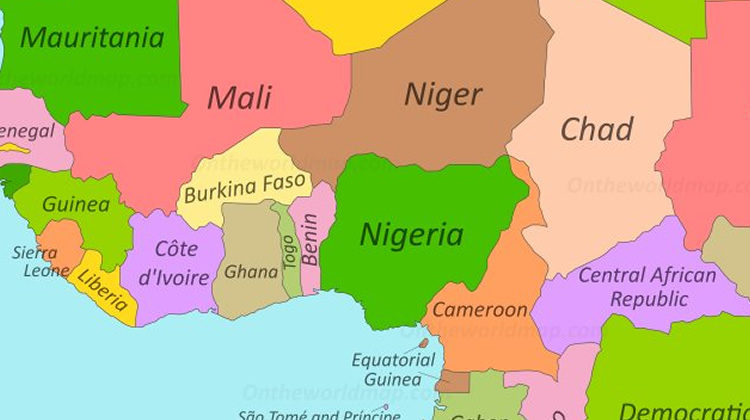Colette Otusheso, CEO of Accelerate Media Group, has unveiled a groundbreaking six-part documentary series, “The Decolonisation of Africa,” a project she describes as a powerful declaration aimed at reclaiming and amplifying authentic African narratives. The documentary, premiered at The Metropolitan Club in Lagos, is not merely a historical account but a vibrant tapestry woven from rare archival footage, personal interviews, and the untold stories of key figures in Africa’s liberation struggles. It seeks to move beyond the conventional narratives of independence, delving into the ongoing journey towards true liberation – encompassing economic, social, and psychological emancipation. The premiere drew a distinguished audience, including former President Olusegun Obasanjo, a key inspiration for the project, former Commonwealth Secretary-General Emeka Anyaoku, and Fola Adeola, President of The Metropolitan Club.
The genesis of this ambitious project lies in a pivotal conversation between Otusheso and former President Obasanjo, coupled with the unwavering support and vision of the late businessman Herbert Wigwe. Recognizing the crucial need for Africans to control their own narratives, Wigwe championed the idea of empowering African storytellers. Obasanjo’s insights further illuminated the urgency of accurately portraying Africa’s struggle for self-determination, prompting Otusheso to embark on this ambitious endeavor. She assembled a team that blended historical expertise with a fresh, contemporary perspective, ensuring both accuracy and resonance with a modern audience.
Central to the documentary’s authenticity is the involvement of historian and researcher Ed Keazor. Otusheso recognized the importance of rigorous historical grounding, enlisting Keazor to provide a robust framework for the narrative. His meticulous research ensured the documentary’s depth and credibility, presenting a nuanced and insightful portrayal of the complex historical landscape. This collaboration between creative vision and historical integrity aimed to create a documentary that was both informative and engaging, appealing to a broad audience while maintaining scholarly rigor.
To connect with younger generations, Otusheso brought on board young Nigerian director Bardia Olowu. Olowu’s creative vision infused the documentary with a contemporary sensibility, ensuring that the historical narrative resonated with a modern audience. This intergenerational collaboration bridged the gap between past and present, presenting history in a fresh, accessible, and impactful way. The documentary’s visual language, incorporating rare archival footage and compelling interviews, aims to captivate viewers and spark a renewed interest in Africa’s rich history and ongoing journey.
The premiere event served as a platform for prominent figures to voice their support for the documentary and its message. Obasanjo emphasized the importance of moving beyond symbolic independence to achieve true liberation in all its dimensions – economic, social, and psychological. He articulated a vision of Nigeria as a leader for the black race, echoing the leadership roles played by America and China for their respective populations. Adeola lauded the documentary as a timely and critical reminder of Africa’s resilience, while Anyaoku praised Obasanjo’s significant role in dismantling apartheid and fostering democracy across the continent. These endorsements underscored the documentary’s importance and its potential to ignite meaningful conversations about Africa’s past, present, and future.
Otusheso acknowledged the invaluable contribution of the late Herbert Wigwe, co-founder and former Group CEO of Access Holdings, whose support was instrumental in bringing the documentary to fruition. She also commended Access Bank for its commitment to preserving cultural heritage. “The Decolonisation of Africa” is part of Accelerate Media Group’s broader mission to amplify African voices on a global stage and contribute to a more nuanced and accurate understanding of the continent’s history and its people. With its wider release planned in the coming months, the documentary promises to spark dialogue, inspire reflection, and contribute to a more complete and authentic narrative of Africa’s journey towards self-determination.














